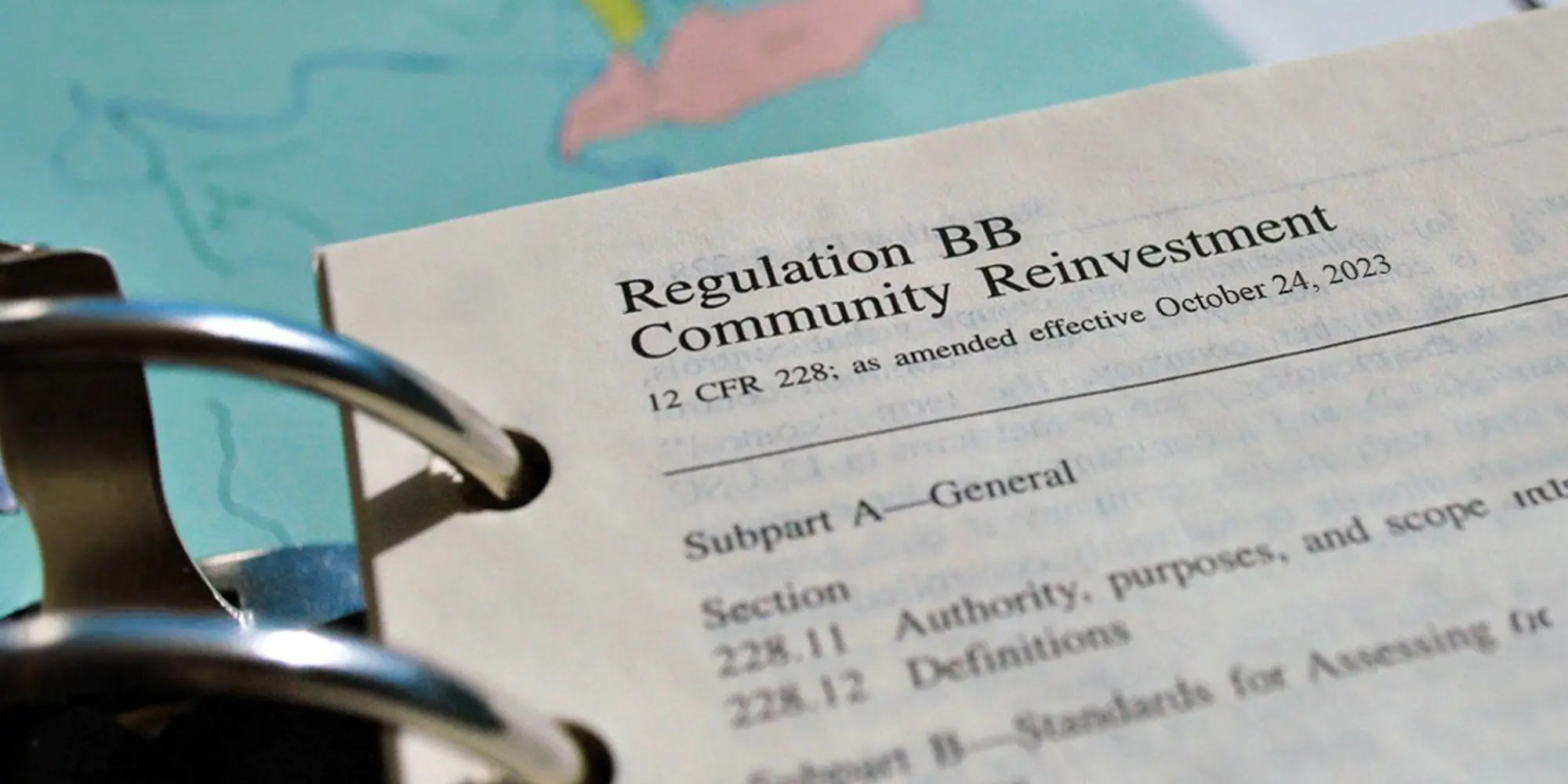Fintech companies have entered the mainstream with promises of leveraging technology to address financial exclusion. However, increasing access to finance is not synonymous with democratizing it, as we saw when Robinhood abruptly halted trading after users created a short squeeze of GameStop stock, protecting hedge fund managers’ profits over its own users.
Recent Pew Research shows that lower-income Americans are far more likely to have a smartphone (71%) than a computer (54%). The premise goes that mobile-based fintech companies enable a broader, more diverse group of people to open bank accounts, earn money in the stock market, and take out loans – both through mobile access and by lowering minimum account balances, reducing fees, and using algorithms instead of actuaries to underwrite risk.
While the fintech industry has accelerated positive change in the traditional financial landscape (consider, for example, how free app-based trading eventually led all traditional brokerage companies to eliminate their trading fees as well), considerable gaps in access remain. Millions of Americans, including older consumers, low-income families, and communities of color, face barriers that prevent them from taking advantage of the benefits of fintech. Additionally, lack of regulation and oversight means that services such as online lenders and Buy-Now, Pay-Later (BNPL) fintechs can have a potentially destructive impact on customers who leverage their services.
Now, the traditional financial industry is under pressure to address a long history of financial exclusion. For fintech disruptors to retain their positive reputation for being “different” from Wall Street by putting customers first, fintech needs to bring better economic opportunity to frequently unbanked and underbanked communities. Here are four steps the industry can take:
1. Advocate for Equitable Internet Access
In the U.S., roughly 7.1 million households, or 5.4% of all U.S. households, are excluded from the financial system. According to the FDIC, these households spend approximately 10% of their incomes on financial services like cashing checks or sending money, benefits that most Americans can access for free through their banks.
Fintech companies have both a moral and business interest in ensuring that low-income and communities of color have affordable access to the internet. Exclusion from the financial system disproportionately impacts communities of color and low-income communities who may not have reliable access to smartphones, personal laptops, or internet connections.
While new players in fintech have disrupted the financial services industry, traditional banks are also increasingly leveraging technology. As banks close their physical branches and offer more online services, access to the internet may become synonymous with banking access. Ultimately, this means that rural, low-income, and disenfranchised communities face the most significant challenges in accessing fintech solutions, which will only deepen racial and economic gaps.
2. Integrate Financial Education into Fintech Offerings
Without financial education incorporated in public education, most Americans learn personal finance from imperfect teachers: their parents. While all Americans suffer from significant knowledge gaps, the need for financial literacy is even more pronounced among communities of color. A study on personal finance knowledge by The TIAA Institute found that, on average, only 28% of Black respondents answered more than half of the questions correctly, compared to 62% of white respondents.
Fintech companies need to engage meaningfully with diverse communities by providing members with adequate education and financial literacy tools to help them take advantage of financial products and be aware of their risks. Online credit card providers, alternative lenders and BNPL players have a particular obligation to teach responsible borrowing.
3. Leverage Data to Deploy Capital to Communities in Need
Fintech companies boast widespread access to user and demographic data. This data could be used to determine where and how to make strategic community investments. For example, fintech companies can use data to pinpoint zip codes with low credit scores — a good indicator for whether a community lacks financial services or opportunities to increase these scores. Absence of banking footprints in a community is another clue that it is financially underserved.
4. Avoid Algorithm Bias
While algorithms have the potential to remove human biases and prejudice, this is often not the case. Algorithms are programmed by humans with human shortcomings. There is a long history of these biases becoming encoded into machine learning models because models learn based on data from our world — a world with systemic sexism and racism.
For this reason, it is critical that fintech companies hire engineering teams diverse enough to adequately check for and prevent algorithm bias. Equally important is training these teams on ethical use of technology. Consider adding checks and balances to ensure fintech products do not perpetuate longstanding biases that left populations out of the financial system.
What’s Next for Fintech
The Biden-Harris Administration has made racial equity, along with the regulation of fintech companies, a priority. The Administration will likely nominate Mehrsa Baradaran to the position of Comptroller of the Currency, whose work has focused on how the government has historically excluded marginalized communities from participating in the financial system. In an April 2020 paper for The Roosevelt Institute, Baradaran criticized the notion that fintech companies are increasing access to financial services because their efforts are not addressing the structural barriers that exclude Black people from the system.
Regardless of the nominee, regulating fintech companies will be a critical issue for the Biden-Harris Administration. With impending regulation and consumer wariness, it will be necessary for fintech companies to follow through on their calls to democratize banking, use consumer data to strengthen community engagement, and center racial equity in their work going forward.




